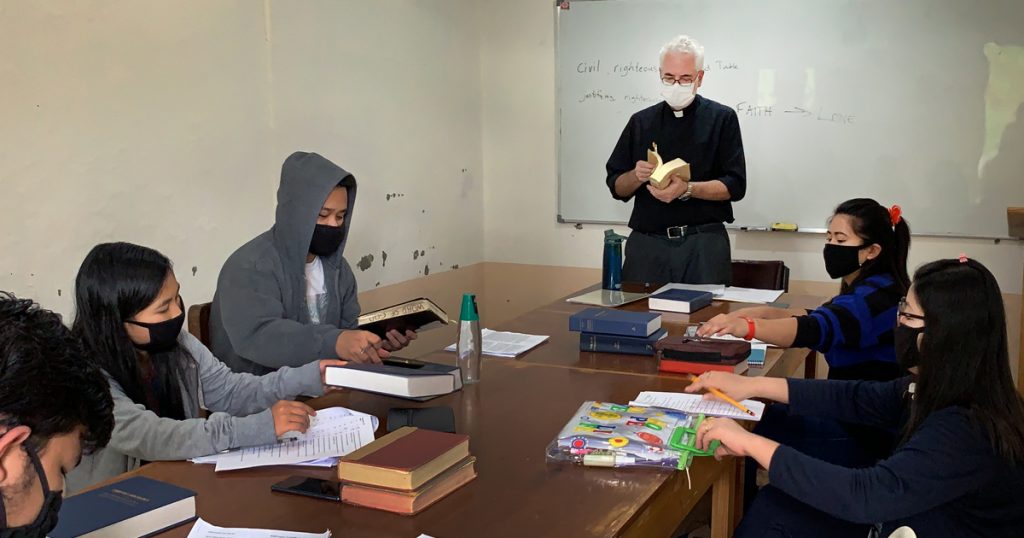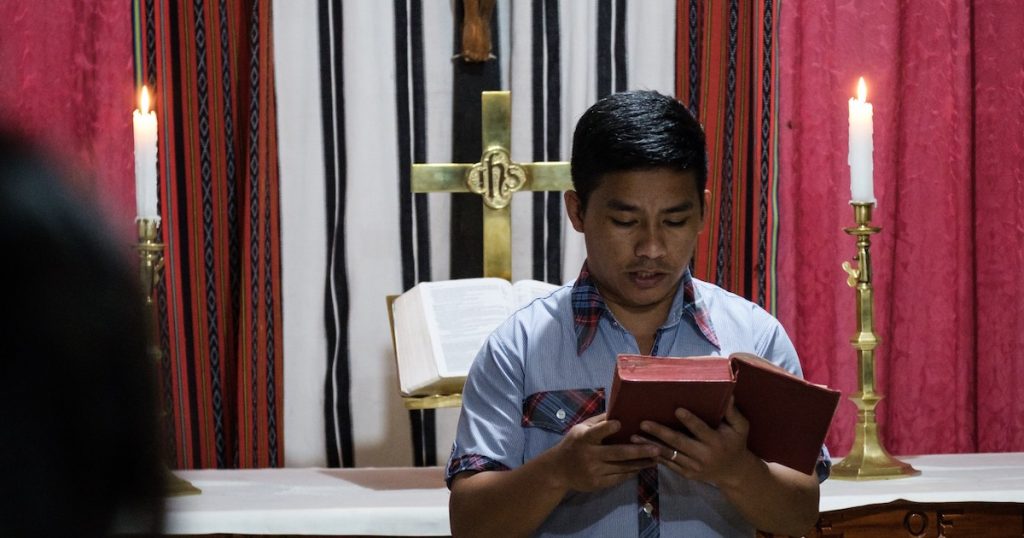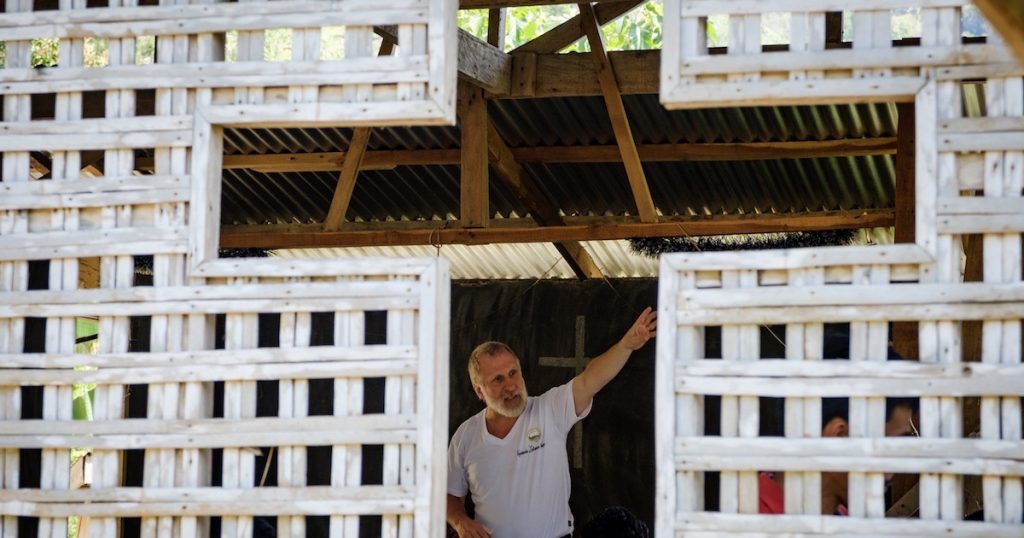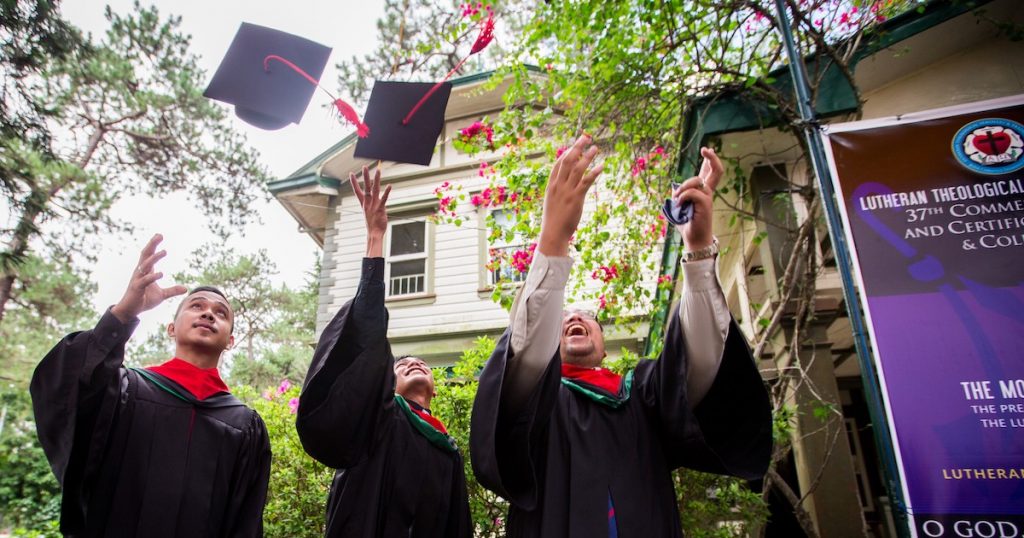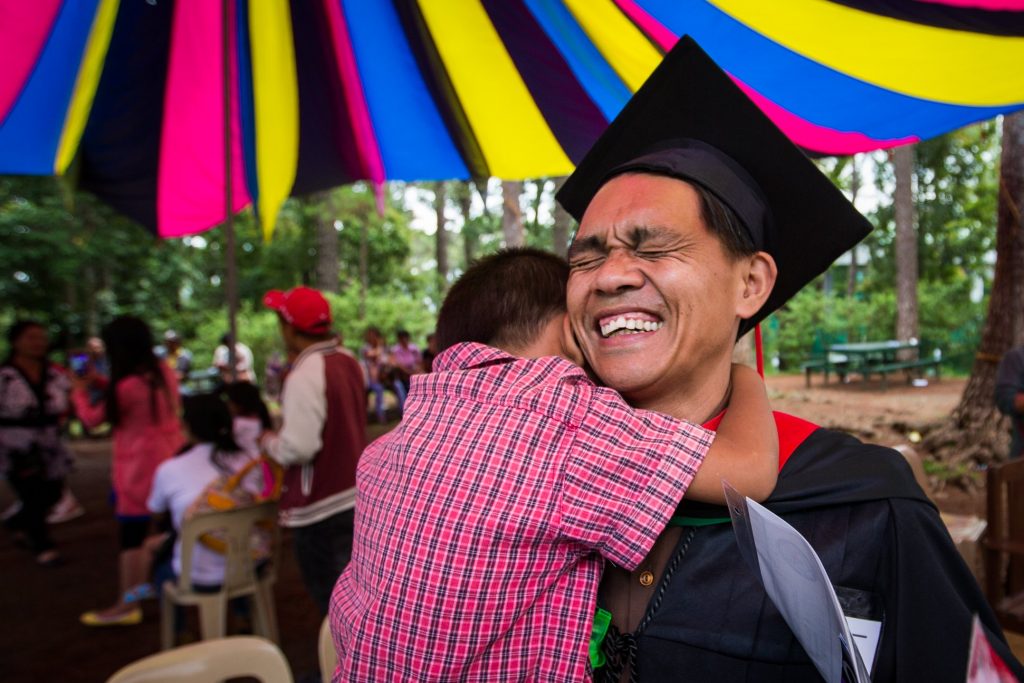Philippines
Summary
The Lutheran Church—Missouri Synod began work in the Philippines in 1946. The Lutheran Church in the Philippines (LCP) became an LCMS partner/sister church in 1971 and is a member of the International Lutheran Council. As last reported, the Lutheran Church of the Philippines had 23,000 baptized members in 190 congregations and preaching stations and a national staff of 301 pastors, evangelists, lay preachers and teachers. The church operates the Lutheran Theological Seminary in Baguio City, a preschool, six primary schools and a secondary school. In addition, the church is involved in Bible translation work, media work in cooperation with Lutheran Hour Ministries, and social ministry programs involving agricultural programs, medical missions, health education and training programs, literacy programs and water/spring development.
Personnel
Meet the international team. We have more than 200 missionaries working around the globe.
Partner Churches
Lutheran Church in the Philippines
LUTHERAN CENTER
4461 Old Sta. Mesa St.
Sta. Mesa, Manila, Philippines, 1016
Website: http://lutheranph.org
Seminary
Lutheran Theological Seminary
3 South Drive
PO Box 16
Baguio City 2600
PHILIPPINES
